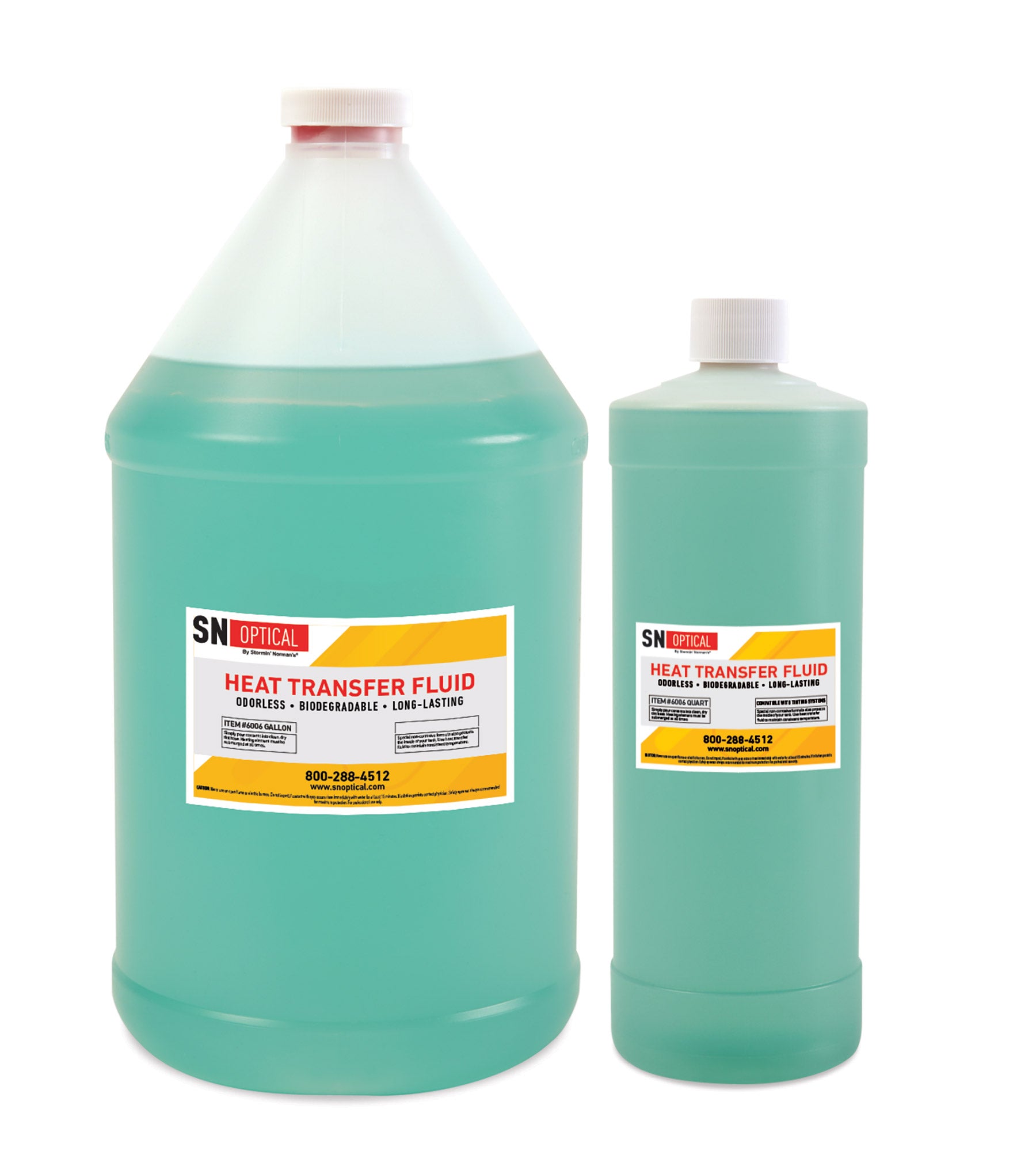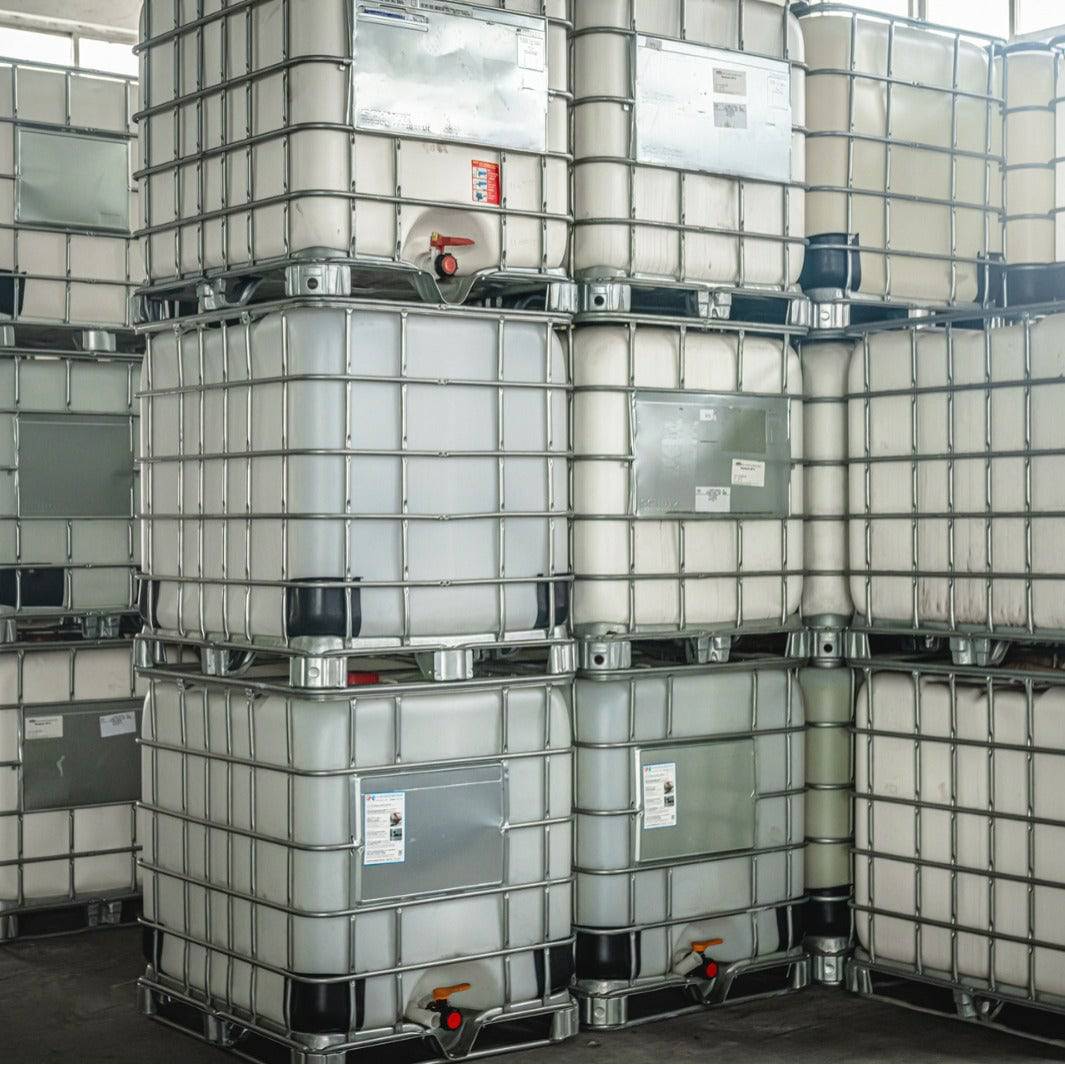Secret Benefits of Using a High-Performance Heat Transfer Fluid
Secret Benefits of Using a High-Performance Heat Transfer Fluid
Blog Article
Why Warmth Transfer Fluid Is Very Important for Optimizing Energy Transfer in Systems
The duty of warm transfer fluids in enhancing energy transfer is critical for accomplishing reliable thermal administration throughout numerous commercial fields. These fluids assist in smooth heat exchange, guaranteeing procedures run within optimal temperature level varieties and minimizing the risk of overheating.

Role in Thermal Management
Heat transfer liquids play an important duty in thermal monitoring by effectively regulating temperature levels in various industrial processes and systems. These specialized fluids facilitate the transfer of heat in between various components, guaranteeing optimal operating conditions and preventing getting too hot. By preserving accurate temperature level control, warm transfer liquids allow industries such as chemical production, oil and gas, and power generation to run safely and efficiently.
The selection of an ideal heat transfer liquid relies on a number of factors, including thermal stability, heat capability, and thickness. High thermal security guarantees that the fluid can hold up against severe temperature levels without weakening, while a high warm capability enables it to soak up and release significant amounts of heat - heat transfer fluid. Low viscosity lowers the power required for pumping, contributing to general system performance
In addition, warmth transfer liquids are indispensable in applications like refrigeration, where they assist absorb and dissipate warmth throughout the cooling cycle. In solar thermal energy systems, these liquids capture and transport solar warm to generate power or supply hot water. Their adaptability to diverse operating conditions and capability to preserve regular thermal performance underscore their significance in industrial thermal administration, promoting functional continuity and enhancing precaution.

Enhancing System Performance
To take full advantage of the benefits of thermal management, boosting system efficiency with the tactical use heat transfer liquids is paramount. These liquids play a vital role in maximizing energy transfer by assisting in consistent thermal policy, which in turn affects the total efficiency and long life of systems. Effective warm transfer results in reduced power losses, decreased operational costs, and improved dependability of tools. By maintaining ideal temperature level degrees, warmth transfer liquids aid ensure that systems run you can try this out within their designed criteria, consequently stopping overheating and reducing the danger look what i found of part failing.

Kinds of Warm Transfer Fluids
The variety of heat transfer fluids emphasizes their important duty in a variety of industrial applications, each tailored to meet certain thermal management requirements. These liquids promote effective power transfer and are selected based on essential residential properties such as thermal security, viscosity, and heat capability. The primary types include water, glycol remedies, oils, and synthetics, each offering unique advantages.
Water is the most usual warm transfer tool because of its high details warmth capacity and inexpensive. Its usage is restricted by its cold and steaming factors. Glycol mixtures, usually made use of in cooling and heating systems, supply a lower cold point, adding versatility in different climates. Mineral oils are favored for their thermal security and non-corrosive nature, making them appropriate for high-temperature applications.

These fluids guarantee superior performance in systems where traditional liquids may stop working. The choice of a heat transfer fluid is crucial, as it affects system effectiveness, security, and click for source durability.
Environmental and Economic Conveniences
Making use of the ideal warmth transfer fluids uses considerable environmental and financial advantages for commercial operations. Ecologically pleasant warm transfer liquids, commonly naturally degradable and safe, decrease the risk of dirt and water contamination in the event of leakages or spills, therefore protecting ecological communities and complying with stringent environmental regulations.
Financially, the best warmth transfer liquid can dramatically decrease operational costs. Fluids with prolonged lifecycle performance lower the frequency of replacements and upkeep, lowering downtime and connected prices. Overall, the tactical usage of optimum heat transfer fluids sustains lasting economic growth and ecological stewardship.
Selecting the Right Fluid
How does one navigate the complex procedure of choosing the appropriate warm transfer liquid for industrial applications? Thermal stability ensures the fluid can endure high temperature levels without breaking down, while compatibility avoids rust or other detrimental responses with system parts.
In addition, the fluid's heat capability and viscosity are paramount. A high heat ability allows the fluid to take in and transfer more energy, improving efficiency.
Conclusion
The strategic choice and application of warmth transfer liquids are essential to enhancing power transfer across various systems. By guaranteeing high thermal stability and capability, these fluids supply accurate temperature control and enhance overall system effectiveness. This optimization adds to reduced operational prices and lower greenhouse gas emissions, hence advertising sustainability. The option of liquid, customized to particular viscosity and functional needs, is crucial for optimizing efficiency and attaining economic and ecological advantages in commercial processes.
Report this page